“The Last of Us” Season 3 Finale — A Table Set, But Where’s the Meal?
“The Last of Us” Season 3 Finale — A Table Set, But Where’s the Meal? (last of us season 3)
By Ghanns , May 26, 2025
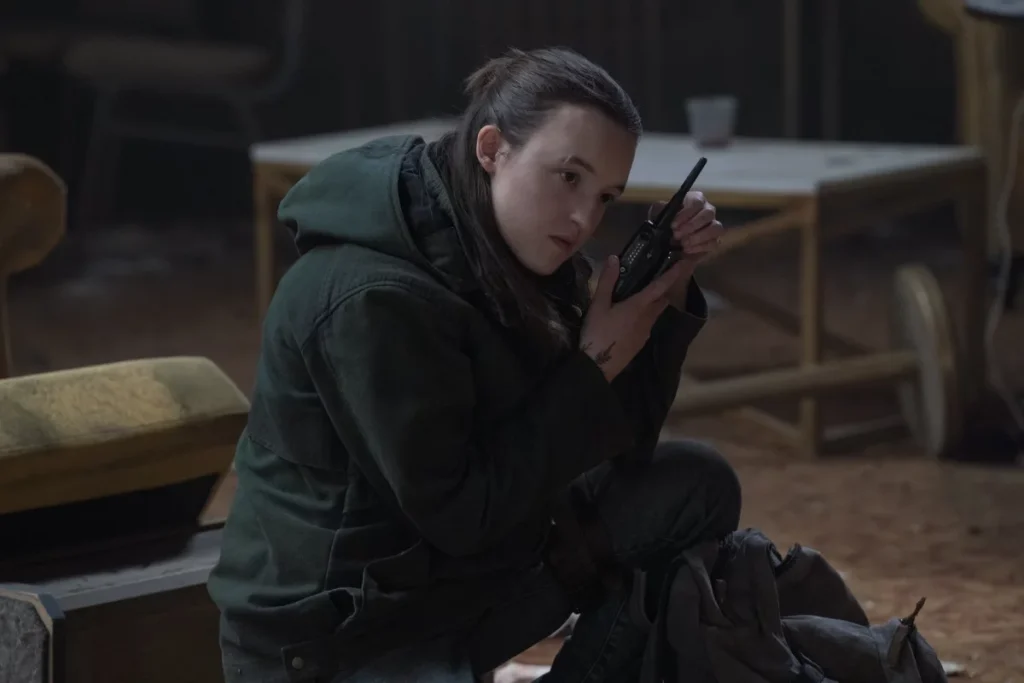
Spoiler Warning: This post contains major spoilers for Season 2 of HBO’s The Last of Us. Proceed with caution if you’re not caught up.
When HBO first adapted The Last of Us for television, fans and newcomers alike were captivated by its brutal honesty, emotional storytelling, and the tender bond forged between Pedro Pascal’s Joel and Bella Ramsey’s Ellie. But with Season 2 now wrapped, many viewers — myself included — are wondering: was this season more setup than story?
A Risky Shift That Divided Viewers last of us season 3
The season’s most polarizing move came early — in Episode 2, to be exact — when the show killed off Joel. For those familiar with the game, it wasn’t a surprise. For others, it felt like narrative whiplash. Joel’s death, meant to serve as a catalyst for Ellie’s journey of vengeance, set a grim tone that lingered throughout the rest of the season.
And that’s where things get complicated.
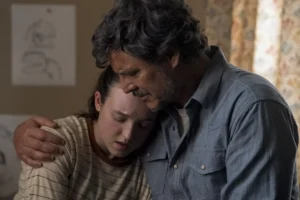
We were introduced to Kaitlyn Dever’s Abby, a steely, traumatized soldier driven by her own sense of justice — a justice that includes killing the man who murdered her father. The shift in protagonist from Joel to Ellie and, arguably, to Abby was bold. But bold doesn’t always mean effective.
Ellie: A Hero No Longer? last of us season 3
This season wasn’t kind to Ellie. Far from the wide-eyed, sharp-tongued teen we met in Season 1, this year’s Ellie descended into a spiral of vengeance. She abandoned her friends, put others in danger, and hardened into someone almost unrecognizable. Was it character development or character erosion? It’s a fine line.
Bella Ramsey continues to give a committed performance, but the writers handed her a version of Ellie that’s increasingly hard to root for. By the finale, as she stands at gunpoint after a bloody rampage, it’s not clear if we should pity her, fear her, or both.
A Finale That Felt Like a Prologue last of us season 3
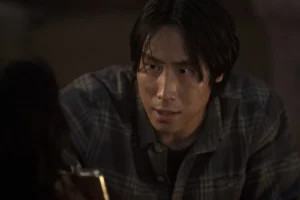
The finale brought Ellie and Abby face-to-face in a harrowing confrontation that ended in ambiguity — a gunshot, a blackout, and no clear answers. Instead of resolution, we got setup. Abby lives. Ellie survives (probably). And we’re left to wait for next season to find out what all this carnage was building toward.
While the themes — the corrosive nature of revenge, the emotional toll of violence — are weighty and worthy, they were buried beneath pacing issues and a lack of clarity about who we were supposed to care about.
Too Much Table-Setting, Not Enough Meal
This season’s biggest flaw was its structure. Much of it felt like prelude — a careful alignment of chess pieces that took too long to pay off. The show’s willingness to dwell on trauma, flashbacks, and character studies isn’t inherently bad, but it often left the narrative spinning its wheels.
The penultimate episode, “The Price,” delivered the emotional weight we craved, finally bringing Pedro Pascal’s Joel back into focus in a moving flashback. It reminded us of the relationship we once rooted for and the man whose choices continue to shape this world, even in death. But its placement — so close to the end — only highlighted how much of the season was spent treading water.
Looking Ahead: Can the Show Regain Its Balance? last of us season 3
The showrunners made it clear this season was transitional. They’re preparing us for a new chapter centered around Abby and an increasingly fractured Ellie. But in doing so, they left too many threads dangling and too little emotional catharsis.
The risk now? Viewers might not be willing to invest in a story that feels both emotionally punishing and narratively incomplete.
Still, there’s hope. The Last of Us remains one of the most ambitious series on television. If the creators can rediscover the delicate balance of heart and horror that made Season 1 so compelling, they might just pull it off.
But after this season’s finale, they’ve got some trust to rebuild.

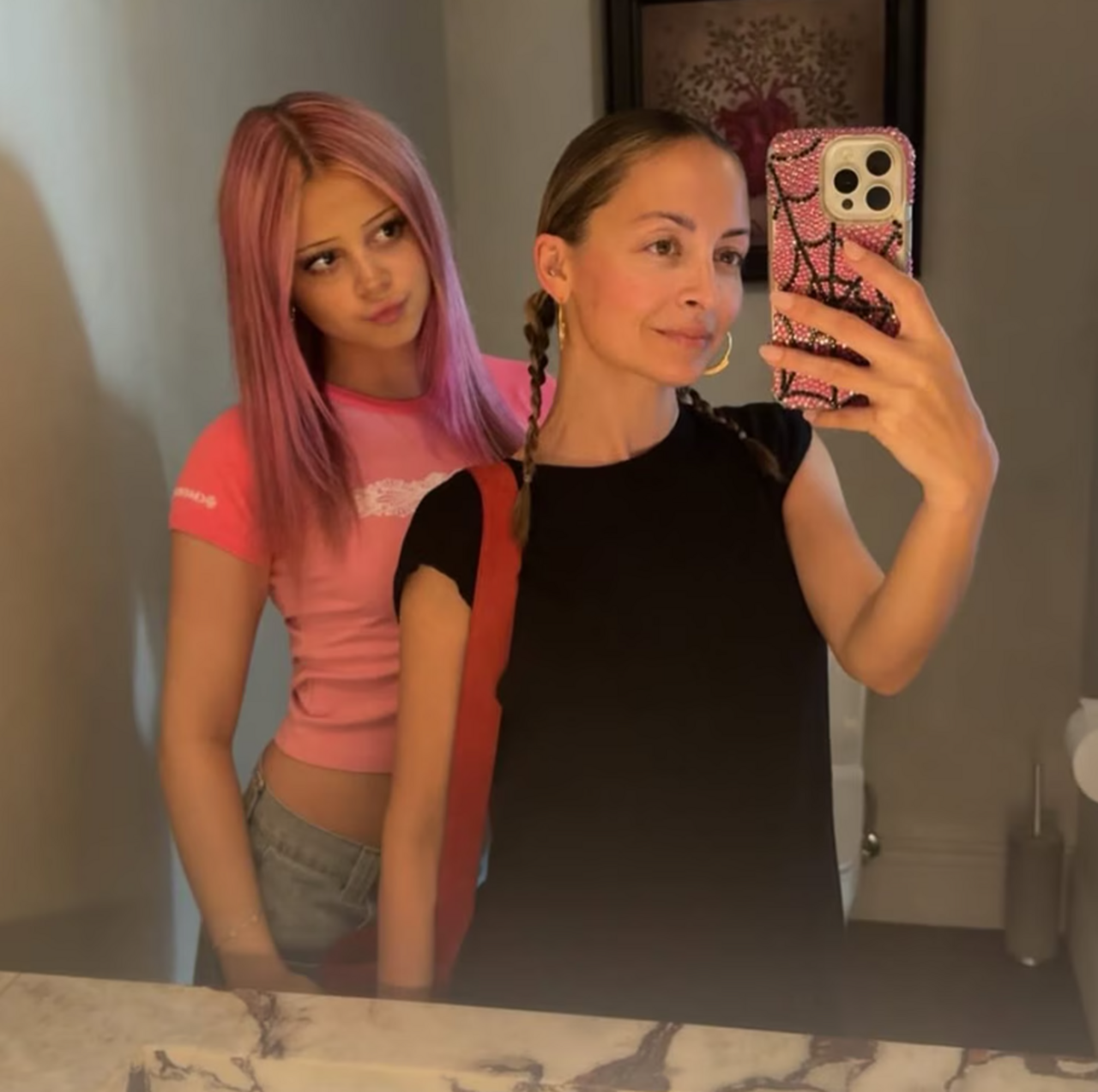






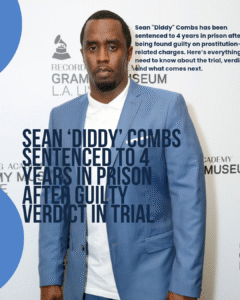
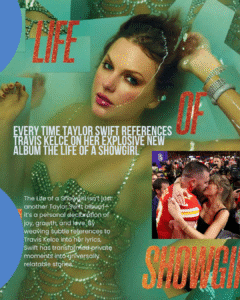

Post Comment